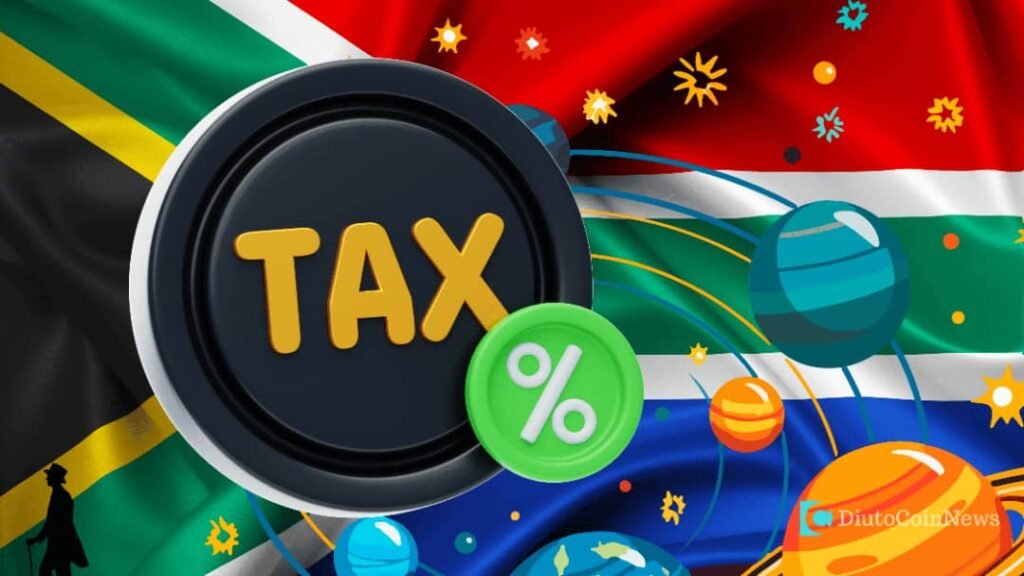Banks once ruled. Now code commands. DeFi is the uprising—no branches, no bankers, just you, your wallet, and math.
DeFi, short for Decentralized Finance, refers to a financial ecosystem built on blockchain technology that enables users to access financial services—such as lending, borrowing, trading, and investing—without relying on traditional intermediaries like banks or brokerages.
In DeFi, individuals interact directly with smart contracts using crypto wallets. This disintermediation reduces transaction costs, enhances accessibility, and offers faster execution compared to conventional financial systems.
How Does DeFi Work?
DeFi operates on public blockchains—primarily Ethereum—using smart contracts to automate transactions. Instead of relying on centralized institutions, users engage with protocols through non-custodial wallets (e.g., MetaMask, Coinbase Wallet).
Common functionalities include:
1. Transferring funds
2. Borrowing and lending assets
3. Earning interest on crypto holdings
4. Participating in prediction markets
Ownership is maintained via private keys. If a user loses their private key, access to the funds is permanently lost, with no recovery mechanisms.
Why Use DeFi?
DeFi aims to “unbank the banks” by providing financial infrastructure that is:
1. Globally accessible – Anyone with internet access can participate; no KYC or credit checks.
2. Cost-efficient – Eliminates traditional banking fees and middlemen.
3. Permissionless – Open to all, without centralized gatekeepers.
4. Pseudonymous – Operates via wallet addresses rather than personal identities (though blockchain data remains traceable).
What Can You Do in DeFi?
DeFi offers a wide range of services, including:
1. Decentralized Exchanges (DEXs)
Platforms like Uniswap allow users to swap tokens directly from their wallets, without third-party custody.
2. Lending & Yield Farming
Users can lend assets or provide liquidity to earn interest or yield, often incentivized by protocol-native tokens.
3. Liquidity Pools
Users deposit tokens into automated market maker (AMM) pools, enabling trading and earning transaction fees.
4. Flash Loans
Uncollateralized loans that must be repaid within a single transaction. Powerful but often exploited in attacks.
5. Non-Fungible Tokens (NFTs)
Still active in DeFi ecosystems, representing ownership of unique digital assets.
6. Prediction Markets
Platforms that allow users to bet on real-world outcomes, such as elections, sports, and even weather.
7. DeFi Gaming and Casinos
On-chain games of chance with real crypto stakes and minimal oversight.
What Are the Risks?
DeFi is not without hazards:
1. Rug Pulls – Malicious developers abandon a project after extracting user funds.
2. Smart Contract Exploits – Vulnerabilities in code can be used to drain liquidity or steal tokens.
3. Lack of Regulation – There is minimal legal recourse in the event of fraud or malfunction.
4. Volatility – Crypto assets can experience extreme price swings. Market downturns (“crypto winters”) can lead to significant losses.
Example: During 2022–2023, the DeFi market contracted severely before rebounding due to renewed institutional interest.
Is DeFi Safe?
DeFi carries inherent risks. While some protocols undergo rigorous audits and offer greater transparency, others may be unaudited or hastily built.
Best practices for safety include:
1. Verifying smart contract audits
2. Using well-known platforms
3. Avoiding overexposure
4. Understanding risks before participating
There is no government protection or insurance—users are responsible for their own security.
Can You Make Money with DeFi?
Yes—but with caveats. Common profit strategies include:
√ Yield farming
√ Liquidity provision
√ Flash loan arbitrage
√ Speculating on NFTs and prediction markets
However, these strategies are high-risk and require strong technical understanding. Many participants have suffered losses due to market crashes, scams, or faulty protocols.
Only invest what you can afford to lose.
Is DeFi the Same as Bitcoin?
No. Bitcoin is a single cryptocurrency designed primarily as a digital store of value. DeFi is an entire ecosystem that includes decentralized apps (dApps), smart contracts, tokens, and financial services running on various blockchains.
Bitcoin may be used within DeFi systems, but it is only a part of the larger landscape.
Conclusion
DeFi represents a paradigm shift in global finance. It empowers individuals to take control of their finances through decentralized tools and platforms. However, with this autonomy comes responsibility: users must manage their own assets, security, and risk exposure.
DeFi is innovative, volatile, and still maturing. For some, it offers unprecedented opportunities. For others, it’s a cautionary tale.
Approach with curiosity—and caution.
Discover more from DiutoCoinNews
Subscribe to get the latest posts sent to your email.








